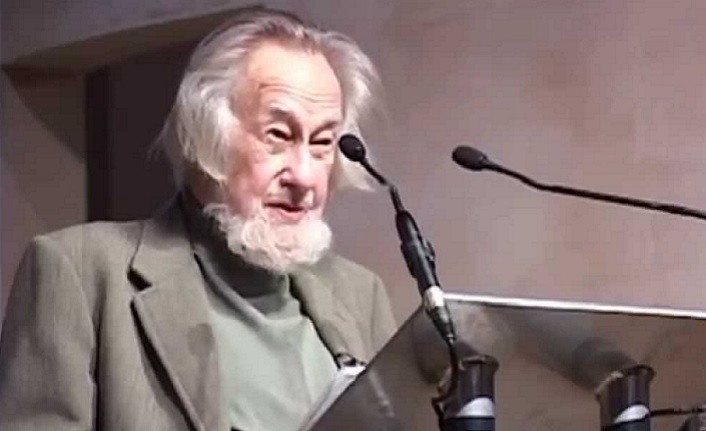

This was the basis for one of his most influential books, A Sufi Saint Of The Twentieth Century, recognised as a unique view of Islamic spirituality seen from within. After taking a BA in Arabic studies, he received his doctorate from the School of Oriental and African Studies (Soas) for a thesis on the great Algerian Sufi, Ahmad al-Alawi. Abdul Nasser's nationalist revolution was preceded by savage anti-British riots, in which three of Lings's colleagues were killed, and the British university staff were dismissed without recompense.īack in London in 1952, and without a job, Lings decided to study, while Lesley, a physiotherapist, went back to work. Lings might have been content to remain in Egypt for the rest of his life, but political events intervened. His understanding of Shakespeare's spiritual significance led, 40 years later, to his book, The Secret Of Shakespeare: His Greatest Plays Seen In The Light Of Sacred Art. His passion inspired the student cast, one of whom became an Egyptian film star. The highlight of the year was Lings's annual production of a Shakespeare play. In 1944, Lings married Lesley Smalley, and their home in a village at the foot of the pyramids provided a refuge for both Egyptian and foreign visitors. He found the critique of modern civilisation by the French Muslim writer, René Guénon, particularly convincing and shared his "universalism", within the context of Islam. It was at about this time that he converted to Islam, and was soon imbued with the Sufi dimension of the religion.

During the visit, his friend died in a riding accident and Lings was offered the post. He travelled to Egypt in 1940, originally to visit a friend who was lecturing at Cairo University.


 0 kommentar(er)
0 kommentar(er)
